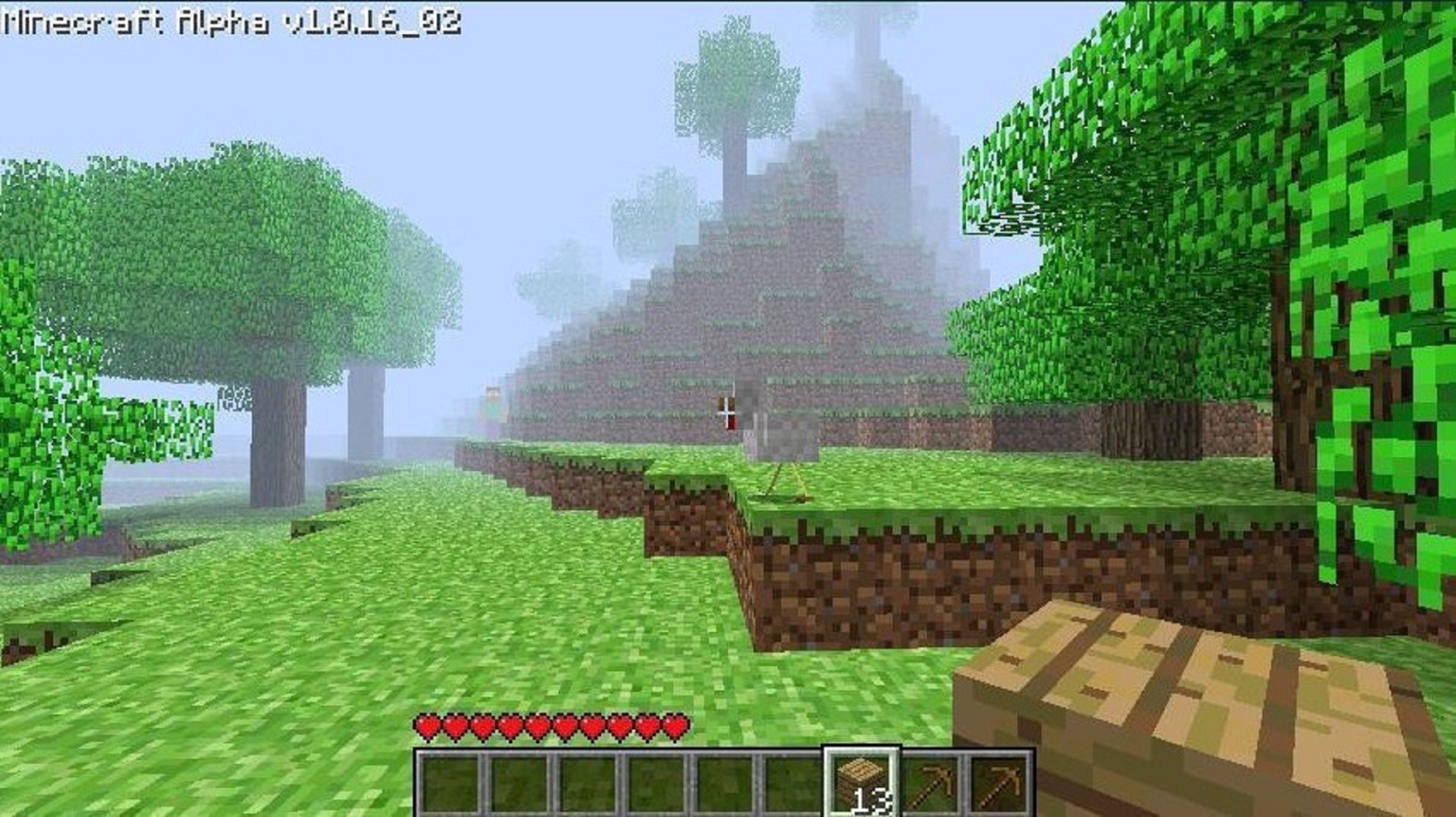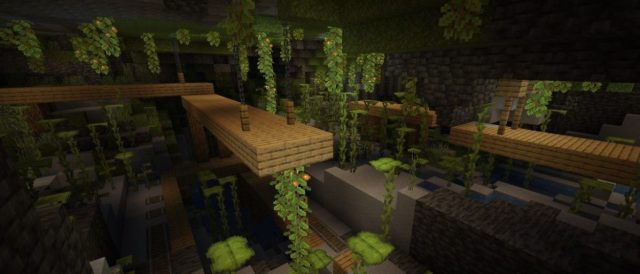Minecraft 1.17 pre-release 1 is now available, bringing lots of candles
Minecraft 1.17 pre-release 1 is available now.

Two things are eternal. The first is Doom. The second? Why, that’s Minecraft, and ahead of the 1.17 snapshot, pre-release 1 is now available. You can install it right now via the launcher. The most immediate change in this pre-release is that part 1 of Cliffs & Caves will have candles again. We have so missed those. After part 1 is released, candles will become available in bedrock (yabba dabba doo). As for what else, there’s another giant buttload of fixes and changes included that continue to make the game best mine the developer can craft. You can read the full patch notes on the official site.
For starters, the 1.17 pre-release has eleven new advancements. As an example, you’ll receive “whatever floats your goat” for floating in a boat with a goat. Typing that sentence calls for repentance, if you’re in attendance then excuse my dependence. You’ll also get “wax on” for putting wax on a copper block. Similarly, “wax off” will show up when you remove wax from a copper block. I think I just reached nirvana. There are also three advancements solely for looking at certain things with the spyglass.
Minecraft 1.17 pre-release 1
Then there are several changes, including the aforementioned return of candles to the creative inventory, plus recipes for dying and crafting them. When lit, textures will have a different look now — which is nice and classy. While in the credits, you can hold down the space bar to increase scroll speed, and finally, an outer glow has been added to text on glowing signs.
On top of those, there are a great many technical changes. Some deal with advancement triggers or adding new hotkey functions. Naturally, there are a ton of bug fixes as well, such as removing background jitters while in the credits, plus the removal of lag spike during loading. Man, Minecraft upkeep is a lot of work.

